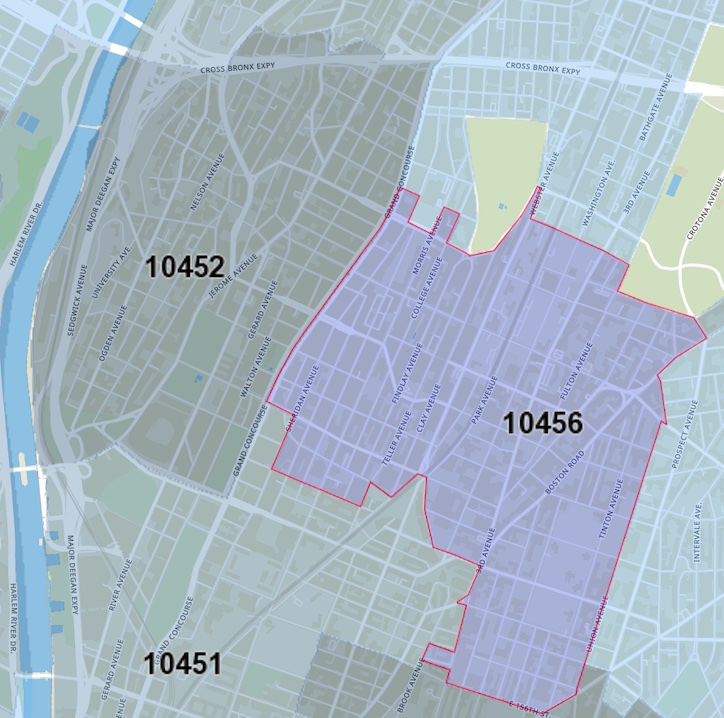Updated June 21 A Legionnaires’ disease outbreak in the Highbridge neighborhood of the Bronx has ended after sickening 30 people, according to the city health department. Twenty-eight people were hospitalized, and two people died.
Legionnaires disease is a severe form of pneumonia caused by breathing in water vapor that is contaminated with Legionella bacteria. It is not transmitted from person to person.
Health Officials Find Legionella in Cooling Towers
As part of its outbreak investigation, the New York City Department of Health and Mental Hygiene tested water from cooling towers in the area. Usually located on the top of buildings, cooling towers are used to help control the temperature of air conditioning or refrigeration systems. And they spray mist into the air. Test results showed that water in four of the cooling towers tested positive for Legionella, the bacteria that causes Legionnaires’ disease. These towers were disinfected. And city health officials told residents that it is safe for them to bathe, shower, cook, drink the water, and use their air conditioning systems.
Molecular analysis showed the Legionella strain found in the cooling tower located at 1325 Jerome Ave. matched the strain found in two patients from the Highbridge cluster. This building is owned by the 1331 Jerome Avenue Housing Development Fund and advertised as a Doe Fund project, which provides housing and support services to low-income members of the community, according to local news reports. The property includes a 225-unit apartment building and one of the three Zeta charter schools located in the Bronx.
After a 2015 Legionnaires’ disease outbreak in the Bronx linked to contaminated water in cooling towers sickened more than 130 people and killed 16 of them, the city passed a law requiring building owners to maintain their cooling towers and inspect their cooling systems every three months. In 2019, it became mandatory for building owners to disinfect cooling towers once each summer when Legionella and other bacteria grow best.
In 2020, 6,208 cooling towers were registered with the Department of Buildings. Of the 3,326 cooling towers inspected that year, 2,115 violations were discovered, 153 of those were for the presence of Legionella.
Contact Our Legionnaires’ Disease Legal Team Today
Phone: 1-888-377-8900 | Text: 612-261-0856
The consultation is free and you never pay anything until we win for you.
Symptoms of Legionnaires’ Disease
All of the illnesses in this outbreak have occurred within the 10542 and 10546 zip codes. The health department is alerting all residents who develop flu-like symptoms to seek immediate medical care. Legionnaires’ disease often requires hospitalization and about 10 percent of all cases are fatal.
Symptoms of Legionnaires’ disease symptoms include high fever, cough, shortness of breath, muscle aches, and headaches. It can take anywhere from two to 14 days for these symptoms to develop.
Experienced Legionnaires’ Disease Legal Team
Our Legionnaires’ lawyers represent Legionella outbreak victims and their families. For the past 40 years, we have been representing people who developed serious illnesses because corporate wrongdoers failed to put water safety plans in place. Our lawyers recently filed a lawsuit on behalf of a man who developed Legionnaires’ disease after a senior living facility in Illinois failed to properly maintain and clean its water system.
One of the first steps you should take after being diagnosed with Legionnaires’ disease is to consult with an experienced lawyer. For a free consultation with one of our lawyers, please call 612-338-0202, text 612-261-0856, or fill out the form below.

UPDATE: This post was originally published June 3, 2022, and updated June 21, 2022, to include information from the health department’s final report on the outbreak.